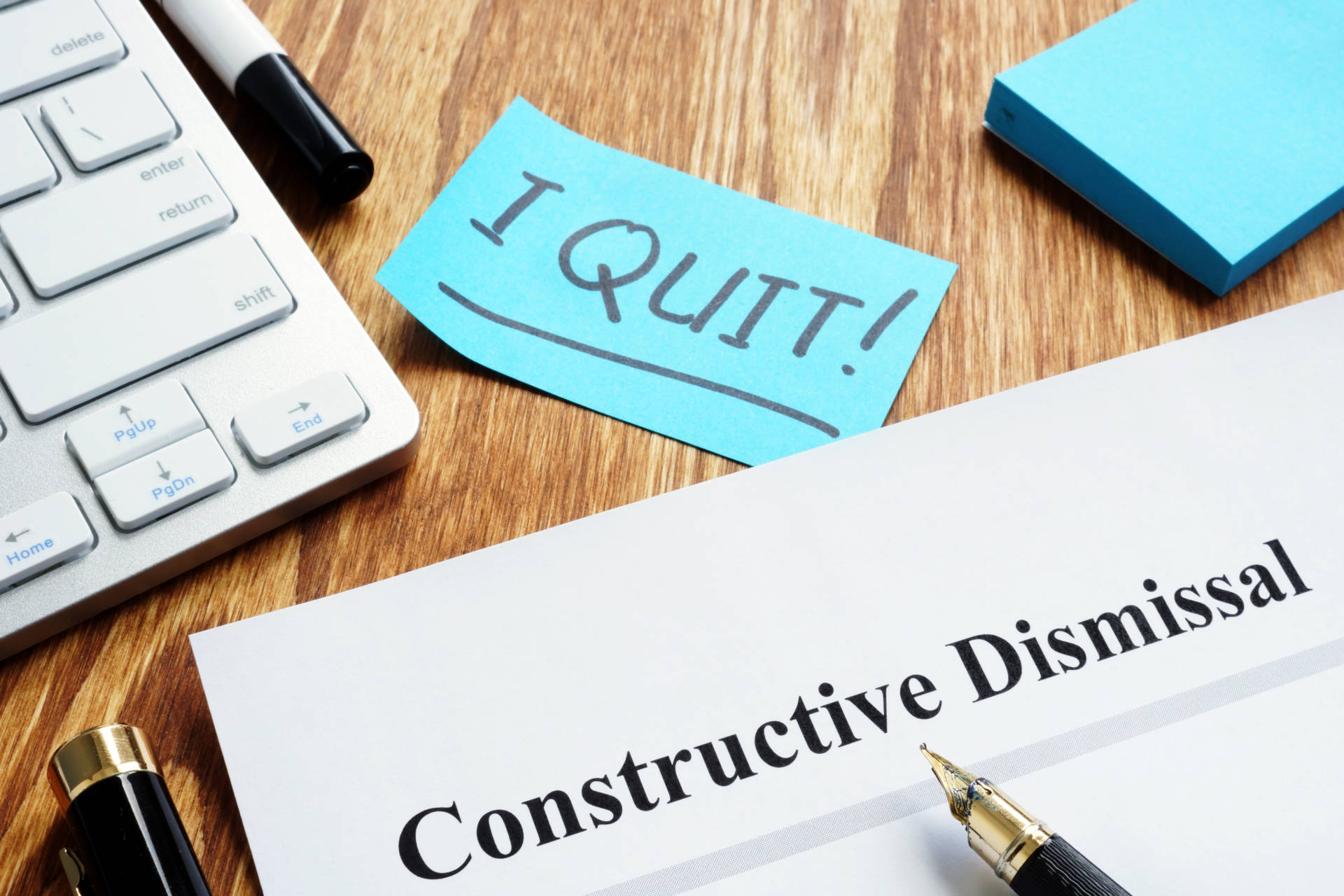When life takes an unexpected turn toward divorce, the emotional and mental health can feel overwhelming. Divorce ranks as the second most stressful life event, right behind the death of a spouse. The upheaval affects everything from your sleeping patterns to your ability to function at work.
Finding balance during this chaotic time isn’t just helpful, it’s essential for your future. And while friends and family provide crucial support, a skilled divorce lawyer creates the foundation that allows healing to begin.
Legal and Emotional Challenges of Divorce
Divorce isn’t just a legal procedure, it’s a life-altering event that impacts mental health, financial stability, and family dynamics. In a place like Carlsbad, where families and careers are often closely intertwined, the stress of navigating custody issues, property division, and emotional recovery can feel even more intense.
That’s why highlighting this topic in the context of Carlsbad is so important. Local laws, community resources, and regional court procedures all play a role in shaping the divorce experience. A carlsbad divorce attorney ensures you have a professional who understands both the legal landscape and the emotional weight this process carries, offering support tailored to your situation and location.
Essential Self-Care Strategies During Divorce Proceedings
The divorce process typically spans months, sometimes years, making self-care not just beneficial but necessary for survival. Creating sustainable wellness practices helps you weather the storm with greater resilience.
Creating a Wellness Foundation
Your physical health has a direct impact on your emotional stability, especially during a stressful period. During divorce, your body may feel the effects of anxiety, disrupted routines, and emotional exhaustion. That’s why it’s important to take extra care of your physical well-being. Begin by maintaining a consistent sleep schedule, even when stress makes it hard to rest.
Prioritize nutrient-dense foods that support brain function and help regulate your mood. Also, incorporate short movement breaks throughout your day; even a 10-minute walk can help relieve built-up tension. Many people have benefited from practicing a quick “legal meeting meditation” before appointments with lawyers or court dates. These small but powerful habits create a biological buffer against the high-stakes stress of the divorce process.
Building Your Divorce Support Network
You don’t have to go through divorce alone. While friends and family can be valuable sources of comfort, expanding your support network to include specialized resources can make a major difference. Divorce support groups, whether in-person or online, offer a space to connect with people who truly understand your experience.
Mental health professionals trained in life transitions can help you process your emotions and develop coping strategies. Financial advisors can address money-related anxiety, helping you navigate asset division and budgeting for your new life.
If you have children, co-parenting coaches provide guidance on establishing healthy communication and new family dynamics. With a team of targeted support professionals, you’ll gain both perspective and practical tools to manage every layer of your transition.
How Your Divorce Attorney Enables Mental Well-Being
The right legal advocate does far more than file paperwork; they create the conditions that allow emotional healing alongside legal proceedings.
Legal Protection That Creates Emotional Safety
Proper documentation and representation provide more than a courtroom advantage, they create emotional security during a vulnerable time. Your divorce lawyer establishes boundaries that protect you from manipulation, intimidation, or financial misconduct during proceedings.
When emotions run high, having a professional voice helps prevent impulsive decisions you might later regret. This protection extends beyond the courtroom, shielding you from direct conflict with your ex-partner when tensions escalate.
Time and Space for Healing
One of the most underappreciated benefits of having competent legal support is the mental space it provides. Your attorney handles much of the emotionally exhausting legwork, such as managing documents and defusing hostile communication.
They help reduce toxic interactions by acting as a go-between, and they can time legal proceedings in ways that align with your emotional readiness. This allows you to focus on healing rather than becoming overwhelmed by the divorce process itself. By taking on the burden of legal confrontation, your attorney enables you to maintain emotional balance and carry on with daily life.
Long-Term Planning for Post-Divorce Stability
While addressing immediate legal concerns, a good divorce lawyer also lays the groundwork for your long-term well-being. This includes thoughtful asset division that respects emotional ties to certain properties, as well as parenting agreements designed to minimize future conflict.
Financial arrangements are structured to reduce long-term stress, and legal safeguards are put in place to support your future goals. This forward-thinking approach offers peace of mind during a time of uncertainty, reassuring you that your post-divorce life is being built on a stable, protective foundation.
Navigating Specialized Emotional Challenges
Certain divorce scenarios create unique psychological hurdles requiring specialized approaches.
High-Conflict Divorces and Mental Health Preservation
When divorcing a high-conflict individual, especially one with narcissistic tendencies, the emotional toll can be severe. In these cases, legal support isn’t just about logistics; it becomes a lifeline for mental well-being. Your attorney can implement documentation systems that track patterns of emotional abuse, which can be critical in court.
They may also establish court-enforceable communication protocols that reduce the opportunity for manipulation. Strategic timing of legal proceedings is often used to minimize emotional harm and power plays. In extreme cases, protection orders may be necessary to ensure your emotional and physical safety. These strategies offer distance without creating complete isolation, allowing you to begin healing even before the divorce is finalized.
Co-Parenting Well-Being Strategies
When children are involved, the emotional landscape of divorce becomes even more complex. Legal structures can support not just your well-being, but also that of your children. Your divorce lawyer can help by creating communication systems that reduce direct conflict between co-parents and by designing parenting time transitions that limit emotional confrontation.
Agreements can also include therapeutic support for children, helping them cope with the changes in a healthy way. Moreover, built-in flexibility within these arrangements can accommodate the evolving mental health needs of everyone in the family. These measures aim to prevent prolonged emotional stress, supporting a more peaceful post-divorce dynamic for all parties involved.
Working With Your Divorce Lawyer: A Partnership for Well-Being
Finding a legal advocate who understands the emotional aspects of divorce significantly impacts your experience.
Finding the Right Emotional Fit
Beyond legal credentials, consider how potential attorneys approach emotional well-being:
- Do they acknowledge the emotional impact of legal strategies?
- How do they respond when you express anxiety or confusion?
- Does their communication style match your emotional needs?
- Can they recommend complementary support resources?
The right match provides both legal expertise and emotional intelligence qualities essential for navigating this challenging transition with your dignity intact.
Communicating Your Well-Being Needs
Open dialogue about your emotional state helps your attorney provide appropriate legal support during divorce. Don’t hesitate to:
- Express concerns about how legal tactics might impact your mental health
- Request scheduling accommodations during particularly difficult periods
- Ask for explanations that reduce uncertainty and anxiety
- Discuss how legal outcomes might affect emotional healing
This collaborative approach ensures legal strategy supports rather than undermines your well-being journey.
Moving Forward With Confidence
Maintaining your well-being during divorce requires intentional effort but yields tremendous benefits. By integrating quality legal support with emotional care practices, you create the strongest foundation for recovery and renewal.
The right divorce lawyer does more than navigate legal complexities; they create a protected space where healing becomes possible. With proper legal representation managing procedural challenges, you can direct your energy toward rebuilding rather than merely surviving.
Take the first step toward holistic healing by securing legal support that values both your case outcomes and your emotional well-being. Your future self will thank you.
FAQs
What warning signs indicate divorce is seriously affecting my mental health?
Persistent sleep disturbances, inability to concentrate, significant weight changes, and withdrawal from previously enjoyed activities warrant professional support. These symptoms suggest your coping mechanisms need reinforcement during this challenging transition.
How can I maintain professional performance while going through a divorce?
Inform key supervisors about your situation without oversharing details. Consider using flexible work options when possible, and schedule legal meetings during off-work hours. Creating a separation between work and divorce matters preserves your professional focus.
Can therapy costs be included in divorce settlements?
In many jurisdictions, therapeutic support can be incorporated into temporary support orders or final settlements as necessary healthcare expenses, particularly when related to co-parenting success or recovery from relationship trauma.















